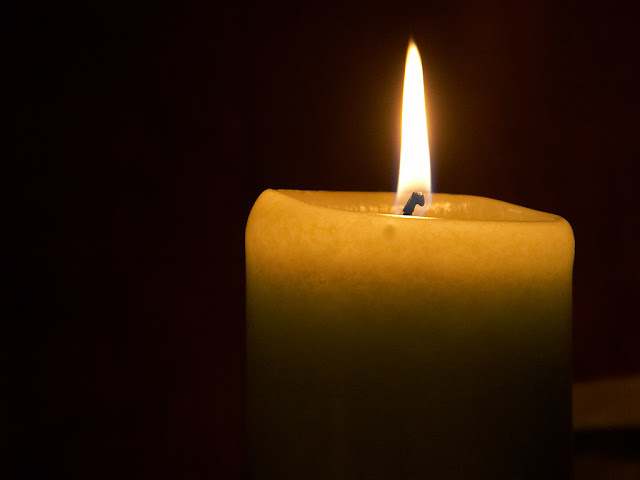The story about a man who was looking for his stray camel and asking after it.
You've lost a camel - now you seek it out;
On finding it, that it's yours you won't doubt.
You've lost the camel you are used to riding;
It has escaped your hold and now is hiding.
The caravan is ready to move on;
They have all packed up, but your camel's gone -
With parched lips you are searching left and right;
The caravan set off, and soon it's night.
Your things have just been left there on the ground,
While in your search you have been wandering round,
Asking: 'Who's seen a camel come this way?
It fled its stable earlier today.
About my camel pass me information
And I'll give you a generous compensation.'
You seek a clue like this from everyone,
So all the scoundrels see you and poke fun,
Jesting: 'We saw a camel head that way,
A reddish camel, searching for some hay.'
One asks, 'Was it crop-eared and quite perplexed?
'Its saddle was embroidered,' claims the next.
Another asks, 'Did it have just one eye?'
The next, 'Was it sick and about to die?'
Each wretch in hope of a reward from you
Presents to you his fabricated clue.
Explanation of the moral of the story about that person searching for his camel.
You've lost a camel that belongs to you
And everyone is offering you a clue;
You don't know where that camel chose to go,
But that their clues are false you clearly know.
A man who hasn't lost a camel now
Competes with you in searching anyhow;
He'll claim, 'I've lost a camel, everyone!
I'll give a big reward for her return.'
To share your camel is this mimic's aim;
Because he covets yours, he plays this game.
From false clues he can't tell a truthful clue,
But, for this mimic, your words serve as cue:
If you declare, 'That clues's false!' you will see
Him do the same, but it's mimicry.
And if a man gives clues you think are true,
Sureness which leaves no doubt then comes to you:
Such clues heal your sick soul of all its pain;
You health, strength, and complexion you regain,
Your eyes light up, your feet feel quick anew,
Body like soul, and soul like spirit too!
'You were right, truthful friend!' you then will say,
In which are signs of truthful information.
You have truth's license and you've earned salvation!'
When someone's given such a clue, you'll say:
'It's time for action, so please lead the way!
Truth-teller, I will follow from behind;
With this clue my lost camel you will find.'
To that man who did not before possess
That camel, but who seeks it none the less,
More certainty will not come from this clue
Unless it's through a man whose search is true:
He'll see from your zeal that the clue is serious,
And that your screams of joy are not delirious.
That liar has no claim, but still I say
He's also lost a camel in a way;
Desire for someone else's veils his mind,
So he's forgotten what he's left behind.
The owner runs to search; he follows there;
Through greed, the owner's pain he starts to share:
A liar in the truthful's company
Will find his lies become truths suddenly.
Where your stray camel is when you've been brought,
This mimic finds his stray, which he'd not sought;
He first recalls her when he sees her, then
He covets no more those of other men.
That mimic's search first starts thus when his eyes
Notice his own lost camel by surprise:
He only seeks to find his camel when
By chance he sees her; he'd not searched till then.
From that point he learns to move on alone,
Now having opened his eyes to his own.
The truthful man asks, 'Have you left at last?
Is your concern about me in the past?'
He says, 'Till now I simply would pretend;
Desire made me your sycophantic friend,
But now I sympathize deep in my heart,
Though, through this search, we have been led apart.
I stole descriptions of her straight from you;
My soul was stunned, though, when mine came to view.
I wasn't seeking her, if truth be told -
Copper has now been overwhelmed by gold:
My evil deeds were righteous deeds somehow -
Folly has left and seriousness rules now!
My sins became the means to reach the Lord -
Don't criticize them any more, applaud!
Sincerity made you a seeker, while
My search led me to it, and so I smile:
Your search was due to your sincerity;
Sincerity, through seeking, came to me!
I sowed my fortune's seed in fertile soil,
Although I'd thought it would be fruitless toil.
It wasn't unpaid work to my surprise:
I sowed one seed and saw a hundred rise.
A thief had sneaked into a house at night -
He saw it was his own house in the light.'
Be warm, cold one, so more heat reaches you;
Accept the rough, so smoothness finds you too!
There was one camel in reality;
Words can't reach meaning's depth...
~ Rumi
from The Masnavi, Book Two
translation by Jawid Mojaddedi



























.jpg)











